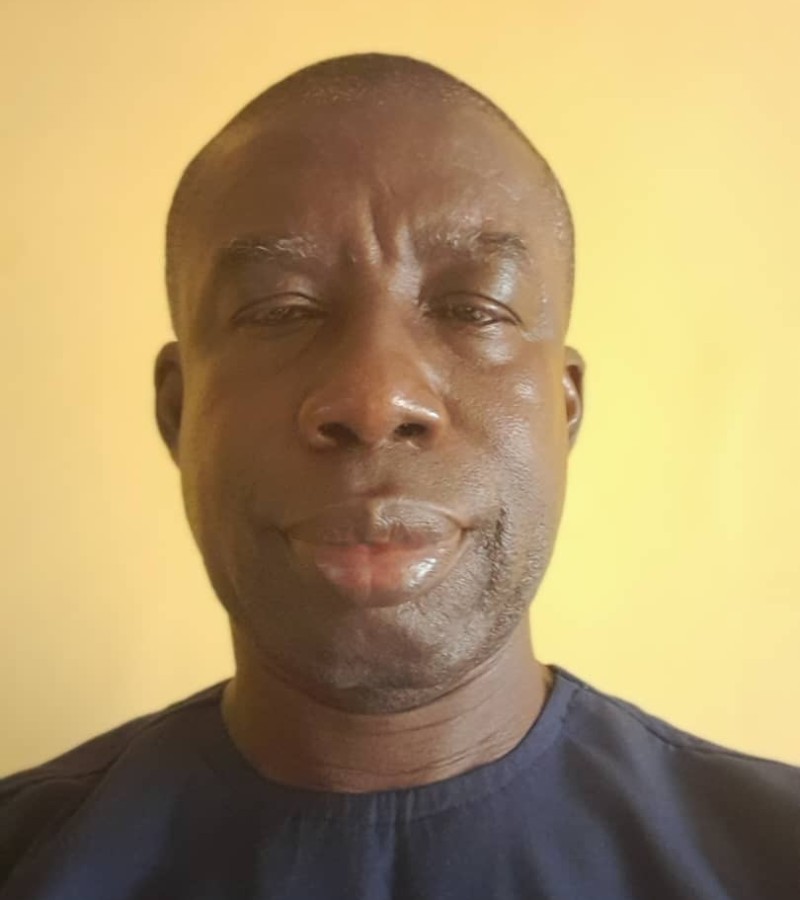Bia East District Profile
Bia East District, established on June 28, 2012, under LI 1884, was carved out of the former Bia District. Adabokrom serves as the district capital. Located in the northern part of the Western North Region, Bia East spans 794.1 sq.km, lying between longitude -3.0250 and latitude 6.83104. It is 294km from Takoradi, 440km from Accra, and 250km from Kumasi.
Demographic
The district’s population stands at 56,671 (2020 projection) with 48.7% males and 51.3% females. Expected pregnancies and children under one year are 2,267, while children aged 0-5 years total 7,934. Women of fertility age number 13,601. The district is divided into six sub-districts: Adabokrom, Arhinful, Asemnyinakrom, Camp 15, Kaase, and Massakrom, encompassing 187 communities.
Sub-Districts & Population
| Sub-District | 2024 Population | Chn <1 Yr (4%) | Chn <5 Yrs (14%) | Chn <15 Yrs (46%) | WIFA (24%) | Adolescents (10-19) 23% |
|---|---|---|---|---|---|---|
| Adabokrom | 18,533 | 741 | 2,595 | 8,525 | 4,448 | 4,263 |
| Arhinful | 5,158 | 206 | 722 | 2,373 | 1,238 | 1,186 |
| Asemnyinakrom | 9,010 | 360 | 1,261 | 4,145 | 2,162 | 2,072 |
| Camp-15 | 10,541 | 422 | 1,476 | 4,849 | 2,530 | 2,424 |
| Kaase | 9,690 | 388 | 1,357 | 4,457 | 2,326 | 2,229 |
| Massakrom | 3,739 | 150 | 523 | 1,720 | 897 | 860 |
| Total | 56,671 | 2,267 | 7,934 | 26,069 | 13,601 | 13,034 |
Ethnicity & Language
The native language is Sefwi, but Twi is also widely spoken. The district is ethnically diverse, including migrants from northern regions and tribes such as Nzemas, Fantes, and Bonos, largely drawn by cocoa farming.
Socio-Economic Activities
Farming, especially cocoa, is the main economic activity. Smallscale food crop cultivation and a burgeoning lumber/timber industry also contribute to the local economy. The district is a major cocoa producer in the Western North Region.
Climate & Vegetation
Bia East is in a tropical rainforest, with a natural rainforest extending about 25 km around it. The district experiences regular but recently irregular rainfall, peaking in June-July and November.
Road Network, Transportation & Telecommunication
The district lacks tarred roads, making transportation challenging, especially during the rainy season. MTN provides the primary telecommunication service with recent 4G upgrades, while other networks have limited coverage.
Electricity
About 85% of communities are connected to the national grid, supplied by the Electricity Company of Ghana and Northern Electricity Distribution Company (NEDCO). However, power supply has been unreliable in recent years.
Water And sanitation
Water sources include boreholes, hand-dug wells, and streams. The Ghana Water Company does not supply water to the district, and refuse disposal is mostly crude dumping, with some bins provided by Zoom-Lion Ghana.
Education
There are 92 schools, mostly government-owned. Some communities lack schools, necessitating travel for students. Adabokrom Senior High School, commissioned in 2021, is operational and collaborating with the District Health Team.
Health System Structure
The District Health Directorate, led by the District Director of Health Services, manages six sub-districts, providing both curative and preventive services. The district has 21 health facilities, including 14 CHPS compounds, 3 Health Centers, two private maternity homes, and two clinics. The district is a beneficiary of the government’s Agenda 111 district hospital projects. The project has stalled for some months now, yet to be completed.
Health Status
The prevailing disease condition affecting the district include; Uncomplicated malaria, upper respiratory tract infection, Intestinal worm infestations, Rheumatism and joint pains attributed to the occupation of the indigens, diarrhea disease due to lack of portable drinking water, some skin diseases, Anemia, Acute urinary tract infections, typhoid etc. Transport injuries due to Road Traffic Accidents (RTA) are amongst the top 10 conditions recorded at the OPDs of the health facilities. Health interventions the district benefits are; LLIN point mass distribution every 3 years, Mass drug distribution of Ivermectin to combat onchocerciases (twice in a year), Supplementary Immunization Activities (SIAs).



